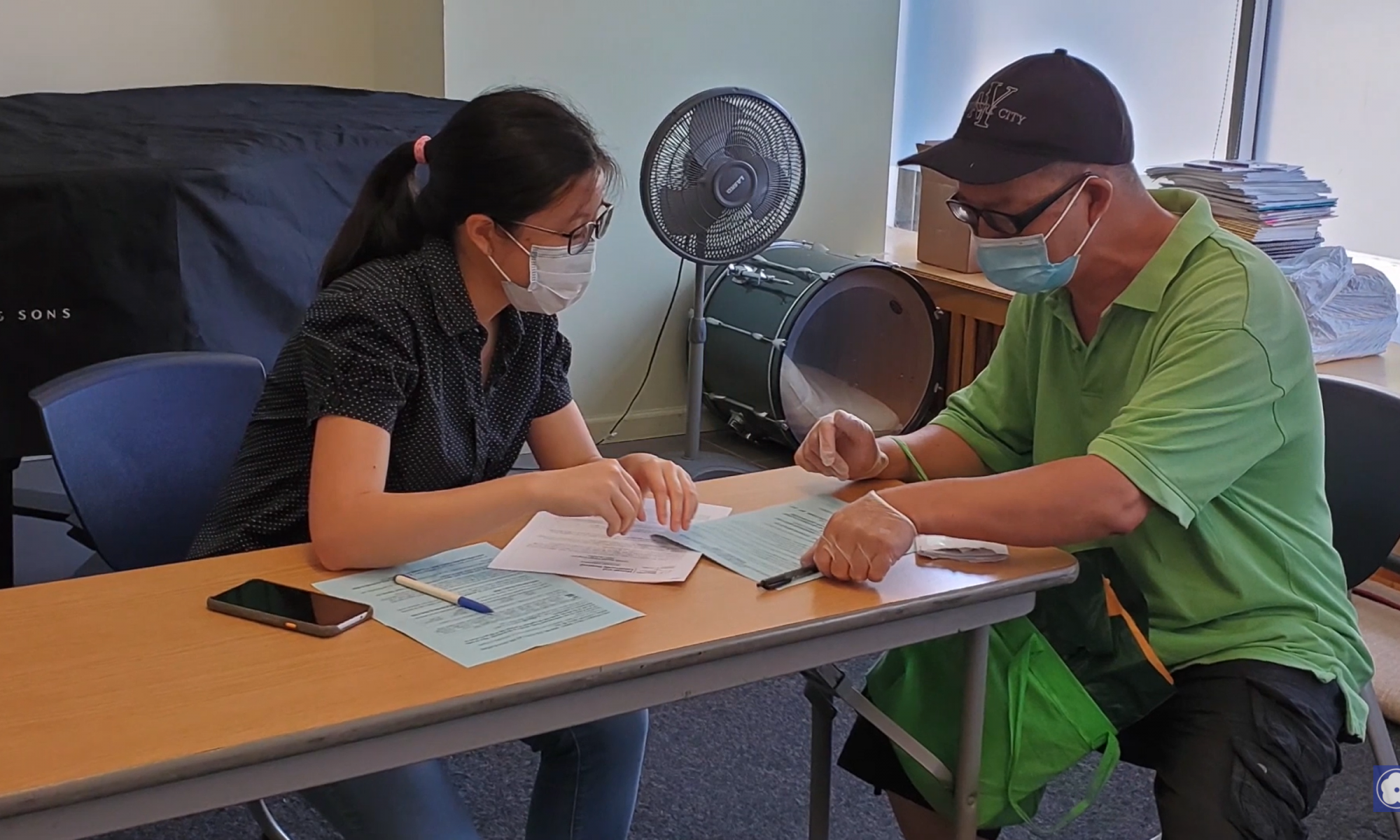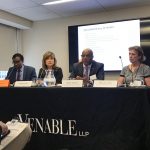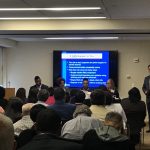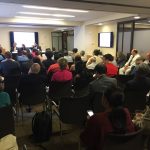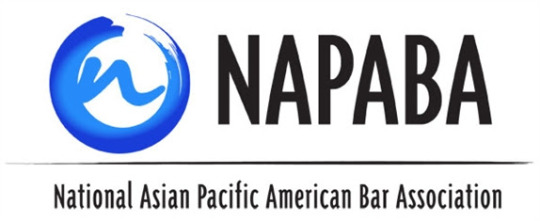
| For Immediate Release: July 18, 2025 | Contact: Rahat N. Babar, Deputy Executive Director |
NAPABA Statement in Response to Justice Department Guidance Following Revocation of Language Access Guarantees
WASHINGTON — Over four months ago, President Trump revoked Executive Order 13166 and purportedly designated English as the official language of the United States. It marked a dramatic setback for LEP individuals, and Asian American, Native Hawaiian, and Pacific Islander (AANHPI) communities will bear the brunt of such misguided action. The National Asian Pacific American Bar Association (NAPABA) immediately condemned the revocation.
For nearly 25 years, Executive Order 13166 served as a cornerstone of the federal government’s commitment to civil rights. It required that every federal agency meet the needs of limited English proficient (LEP) individuals when it delivers critical services. It similarly required those that received federal funding, such as non-profit organizations as well as state and local governments, to guarantee that LEP individuals had meaningful access to their services.
On July 14, 2025, the U.S. Department of Justice released guidance to implement the revocation of Executive Order 13166. It has rescinded all prior guidance to recipients of federal funding pertaining to the protections of Title VI of the Civil Rights Act of 1964 and suspended all existing LEP guidance. It emphasizes English-only operations without accounting for the need for LEP individuals to access critical, life-sustaining services.
The new guidance further deepens the harm caused by the revocation of Executive Order 13166. It undermines decades of progress to make government and federally funded programs more accessible. Rather than a core requirement for non-discriminatory compliance, the new guidance weakens the legal framework to combat national origin discrimination, which is prohibited by Title VI, and treats language access as merely discretionary.
We continue to call on Congress to engage in appropriate oversight over the Administration’s unwarranted actions and pursue legislative actions to strengthen and expand the protections of Title VI.
###
The National Asian Pacific American Bar Association (NAPABA) represents the interests of over 80,000 Asian Pacific American (APA) legal professionals and over 90 national, state, and local APA bar associations. NAPABA is a leader in addressing civil rights issues confronting Asian American, Native Hawaiian, and Pacific Islander communities. Through its national network, NAPABA provides a strong voice for increased diversity of the federal and state judiciaries, advocates for equal opportunity in the workplace, works to eliminate hate crimes and anti-immigrant sentiment, and promotes the professional development of people of all backgrounds in the legal profession.


